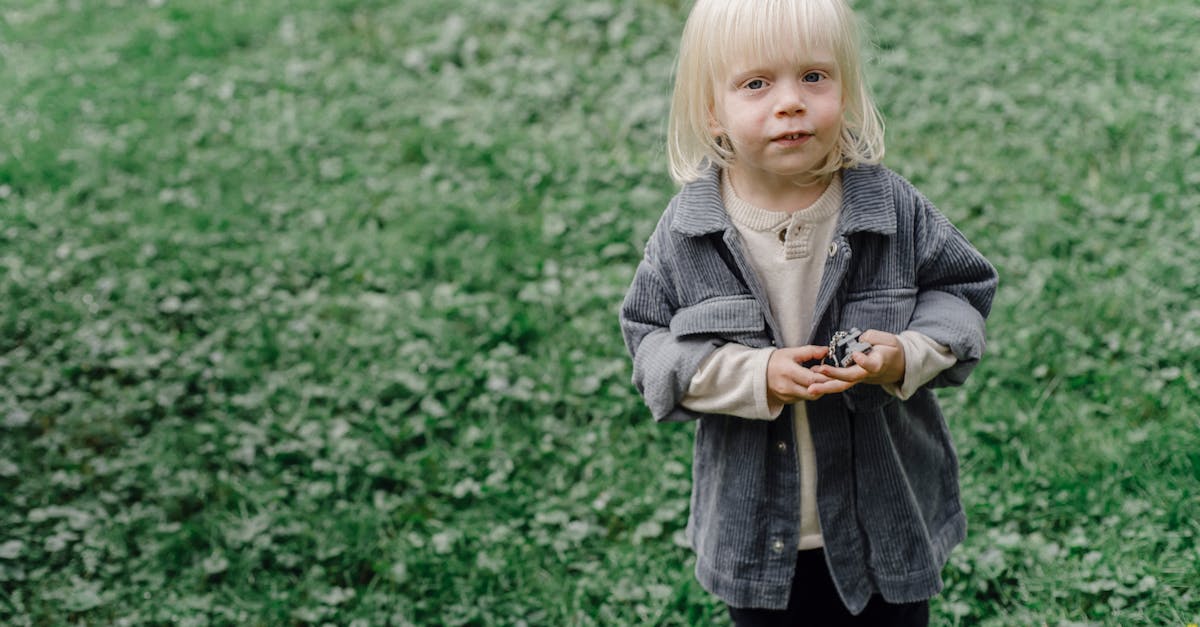Why Teach Forgiveness Early?
Forgiveness isn’t just a big word for little ones—it’s essential. Teaching forgiveness early benefits children’s emotional development immensely. Imagine their little worlds where every toy is deeply cherished. It’s easy for a toy-snatching incident to seem like the end of the world!
But by learning to forgive, children develop empathy and resilience. Sharing the story of the time my daughter forgave her brother for breaking her favorite crayon brings this to life.
It was like a Disney movie moment, minus the soundtrack. Forgiveness fosters their compassion and enhances their emotional intelligence. So, grab those moments to teach them to let go and grow.

The Art of Explaining Consequences
Explaining consequences is both an art and a science. Kids need to grasp that actions have effects. Think of the time you accidentally stepped on a toy dinosaur in the dark—ouch! Explaining causes and effects turns potential white-hot child rage into understanding.
Use straightforward language they can relate to. Like when my nephew tossed his snack on the floor, he suddenly faced the consequence of no snack time.
Kids grasp logic sturdily if it’s shown gently, akin to Peter Rabbit’s escapades-followed-by-remedies. Make these concepts part of everyday fun, and they’ll be picking them up faster than bedtime tooth brushing.

Practical Tips for Teaching Forgiveness
Now, some pragmatic tips for instilling forgiveness in pint-sized hearts:
- Start with simple ‘I’m sorry’ games. Encourage role-playing where they practice being both the forgiver and the forgiven.
- Have fun with ‘feel better’ dances. Yes, they might look silly, but they do the trick!
- A well-timed hug during play squabbles can melt tensions away.
- Share stories of humor. For instance, I once turned a spilled juice disaster into a ninja obstacle course cleanup. Finding humor in mistakes helps reinforce forgiveness.
Remember, preschool time is ripe with teachable moments. Keep it light, and they’ll keep learning!

Helping Kids Understand Natural Consequences
Natural consequences often make the best teachers. These are the ‘you left your toy outside, and now it’s wet’ lessons. They are effective because they naturally follow the action, leaving a clearer impression than any speech.
Guide them with questions like ‘What do you think will happen if…?’ Soon, they might articulate consequences themselves, flaunting logic akin to top lawyers.
A personal anecdote: when my son forgot to close the fridge door, he met soggy cereal with a fervent vow to ‘be careful next time.’
Let life organically teach them, while you act as the gentle guide.

Handling Emotional Roadblocks
Emotional roadblocks happen. At times, understanding is muddled by big feelings. The enormous tidal wave of a preschooler’s emotional world can crash unexpectedly. Help them navigate these waters by talking about feelings openly.
If your child feels left out, they need to voice it. Teach them to label emotions like:
- Anger
- Sadness
- Disappointment
I remember helping my daughter build a ‘feelings wall’ out of blocks. Each block represented a feeling, knocked over to show it was okay to let emotions fall down sometimes. Encourage them to share these feelings, even if they come out through wails or whispers.

Incorporating Games and Stories
Games and stories are your allies here. They’re like a secret sauce mixing learning and play seamlessly.
Engaging Through Storytelling
Create stories with characters who learn about forgiveness and consequences. Build a tale around a toy’s adventurous day, igniting discussions about choices and effects.
Board Games with a Twist
Playing ‘life situation’ board games can also emphasize these lessons. I’ll never forget when my kids turned Uno into ‘the-no-one-gets-mad-game’ by making the Wild Draw card a chance to praise someone’s drawing instead of groaning. Incorporate these engaging activities, ensuring lessons stick without sticky situations.
This approach keeps both brains and imaginations active!

Make Forgiveness Fun and Interactive
Preschoolers thrive on interaction and play. Make forgiveness a fun, interactive experience by organizing creative activities.
- Forgiveness Fair: Set up a fair where kids can exchange forgiveness tickets for kind actions.
- Consequence Circus: Create a circus atmosphere with stuffed animal audiences, where each act teaches different outcomes of actions.
These fun setups offer lighthearted ways for children to learn deeper values. Personalizing these events with your stories makes them even richer. For example, when my friend’s twins played ‘pirates and penance’, they buried their woes just like treasure. This not only added joy but also ingrained important social concepts.
Laughing and learning go hand in hand at this preschool carnival!

